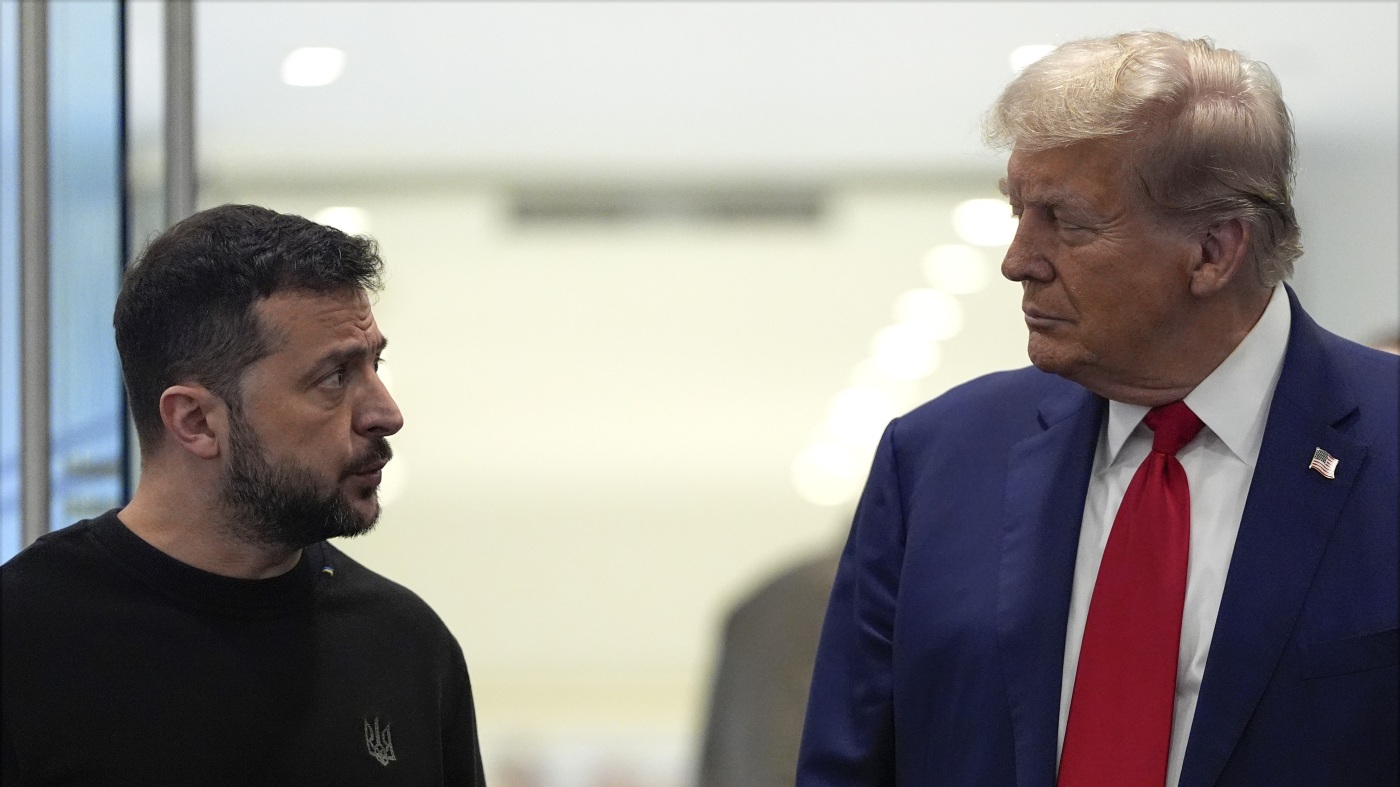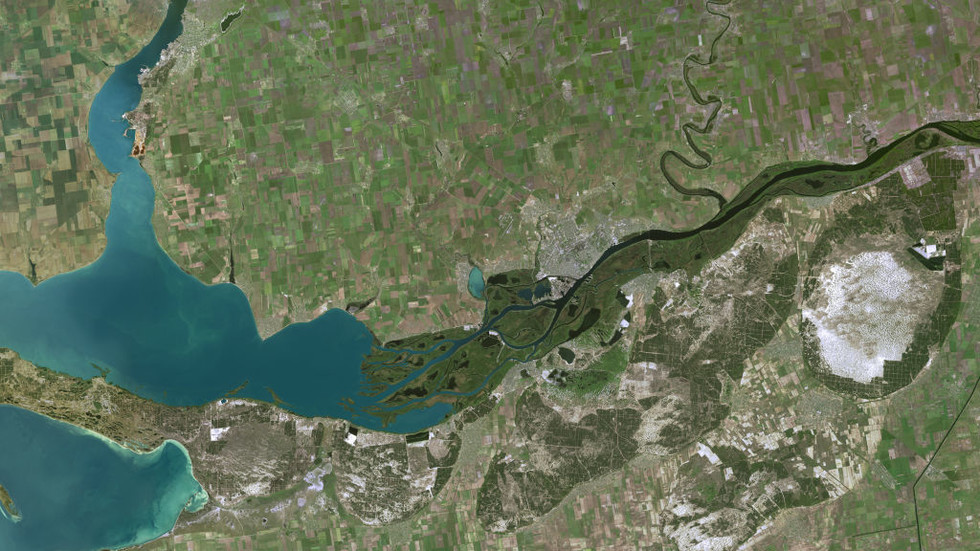The opinions expressed in this article are those of the author and do not represent in any way the editorial position of Euronews.
The war for a free society will not be won from an ivory tower in Washington or Brussels, but only through the action taken by local leaders on the ground, Brad Lips writes.
As Vladimir Putin continues his assault on Ukraine, Russian aggression is tightening its grip on the region.
Not only has the war in Ukraine dragged on, but Russia is deepening military integration with neighbouring Belarus, deploying dozens of tactical nuclear weapons on Belarusian soil.
Nearby Poland is now bracing for further Russian mobilisation, calling on a “heavy brigade” of European Union defences in response. Putin’s dream of a new Russian Empire is not to be taken lightly.
But an aggressive Russia is hardly the only obstacle to peace and prosperity in the region.
Thirty-five years after the fall of the Berlin Wall, former Soviet republics and satellite countries are still grappling with the grave repercussions of the Soviet era.
Take Belarus, where the dictator Alexander Lukashenko has remained in power since 1994 and stifles dissent with each passing year.
During the country’s 2020 presidential election, Lukashenko falsified the results and awarded himself over 80% of the vote, inciting protests that lasted for months.
His regime then responded to the post-election demonstrations with mass arrests and worse. (Belarusian opposition leader Maria Kalesnikava remains in jail today.) This was not the Kremlin’s doing, although Lukashenko and Putin are close allies.
Lukashenko’s regime is a relic of the Soviet era that, for millions of people, still stands in the way of democracy, the free market, and a functional rule of law.
Freedom champions can bring about change
Some are more fortunate. In Lithuania, it took 10 long years to re-establish a free market after the country regained independence from the Soviet Union.
But it happened because of local, free-market organisations that pushed for change from the ground up.
Because of the Lithuanian Free Market Institute’s tireless efforts in particular, Lithuania rid itself of Soviet communism and embraced the concepts of private property, sound monetary policy, tax reform, and eventually a school voucher system.
Between the 1990s and today, the average monthly income in Lithuania jumped from €17 to nearly €1,700.
And others took note. Lithuania’s model for business taxation — with taxes on profits deferred until the payment of dividends — was exported to Estonia and other countries in the region. Fortune favoured the brave, and bravery spread.
Therein lies the only hope for Eastern European countries to shed their Soviet-era shackles for good: action at the local level.
Only through local freedom champions — those I call “idea entrepreneurs” — who take action on the ground and inspire others to follow suit will change come to Eastern Europe en masse.
You can't win a war from an ivory tower
There are numerous examples of localisation at work. In Bulgaria, the Institute of Market Economics is reforming the country’s legal system to roll back much of what remains from Soviet domination of the judiciary.
As a result, the Bulgarian National Assembly passed a constitutional amendment last December, reining in the Prosecutor General's previously unchecked power.
The amendment reduced the length of the Prosecutor General’s term and removed the office’s ability to meddle in the lives and businesses of law-abiding citizens, creating a system of oversight and accountability.
In Ukraine, freedom champions are successfully teaching market economics and concepts like entrepreneurship to Ukrainian youth.
Even amidst war, the Bendukidze Free Market Center published more than 50,000 economics textbooks in 2023 while also launching an “Economic Olympiad” that attracted nearly 400 schools and more than 4,300 students. This year, participation is expected to double to nearly 10,000 students.
While the threat of authoritarianism is all too real, the likes of Putin and Lukashenko still fear the ever-beating heart of freedom and human dignity.
The war for a free society will not be won from an ivory tower in Washington or Brussels, but only through the action taken by local leaders on the ground.
Brad Lips serves as CEO of Atlas Network, which has nearly 600 independent partners in over 100 countries.
At Euronews, we believe all views matter. Contact us at view@euronews.com to send pitches or submissions and be part of the conversation.

 5 months ago
28
5 months ago
28









